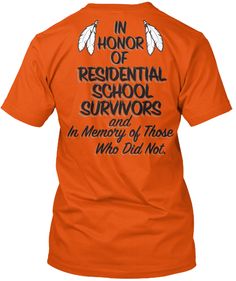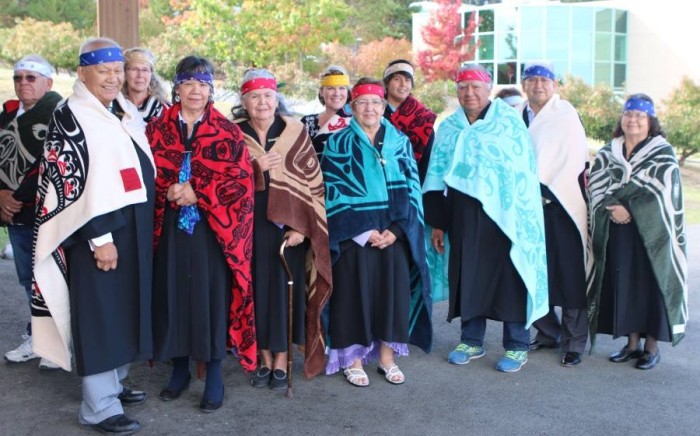We Raise Our Hands to Our Elders
By Tricia Thomas
“It feels like I am walking alone…”
Those words from Pearl Harris, principal at Stz’uminus Secondary School, perfectly describe how many of us feel in times of great loss. With the recent passing of many respected Elders in our communities, we feel loss of our valued knowledge keepers and teachers.
 We remember that our Elders were the children who were taken away to residential schools. Without the protection of parents and family, these children were terrified. The songs, stories and dances that connected them to their loved ones’ spirits had to be hidden deep inside because punishments silenced their mother tongues.
We remember that our Elders were the children who were taken away to residential schools. Without the protection of parents and family, these children were terrified. The songs, stories and dances that connected them to their loved ones’ spirits had to be hidden deep inside because punishments silenced their mother tongues.
Some Elders say that it is hard to forget being kidnapped and forced to live with strangers. It still feels wrong to share cultural secrets that might be stolen or abused. Other Elders refused to teach their traditions for fear of endangering their own children and grandchildren.
September 30th has been declared Orange Shirt Day. It is in recognition of the harm the residential school system did to children’s sense of self-esteem and wellbeing, and as an affirmation of our commitment to ensure that everyone around us matters.
Thankfully, we are moving into a new era of acceptance for Aboriginal people to regain their cultural identities. One Elder said he had no memory of his childhood language until after the 2008 Government of Canada apology. Suddenly, he could speak it fluently at the age of 72. His language was so deeply hidden that he couldn’t retrieve it until he felt safe. We need to protect our Elders and assure them that it’s safe to remember. We need to encourage them to tell us their stories – their life experiences – before it’s too late.
We need to learn from them about our history, kinships, territories and traditions. Some residential school survivors never learned their language. Others were taught by their grandparents and are willing to pass it on.
These Elders say that we need to learn our language, change the way we say things, learn who we are in our own words and say what is in our hearts. Our expressions represent our beliefs and attitudes. For example, the Aboriginal word meaning ‘we share one skin with the land’ describes our connection with the Earth.
We raise our hands to all the Elders who courageously and generously share their valuable knowledge in classrooms, at gatherings, and through videos and books.
Let’s make sure that their stories, songs and traditional teachings are passed down to future generations.
Tricia Thomas has worked for the Salish Sea Sentinel since 2014 as a writer, photographer and multimedia designer. She is from Halalt First Nation where her company, Salish Eye Productions, is based.





